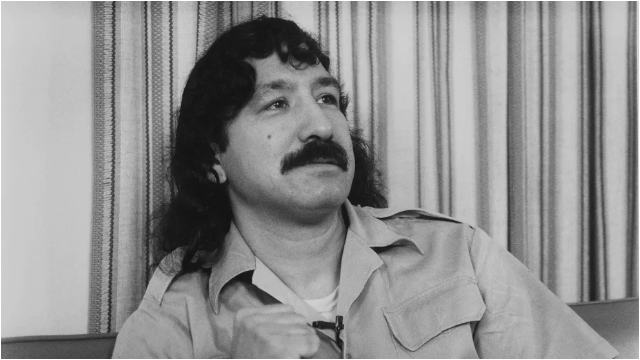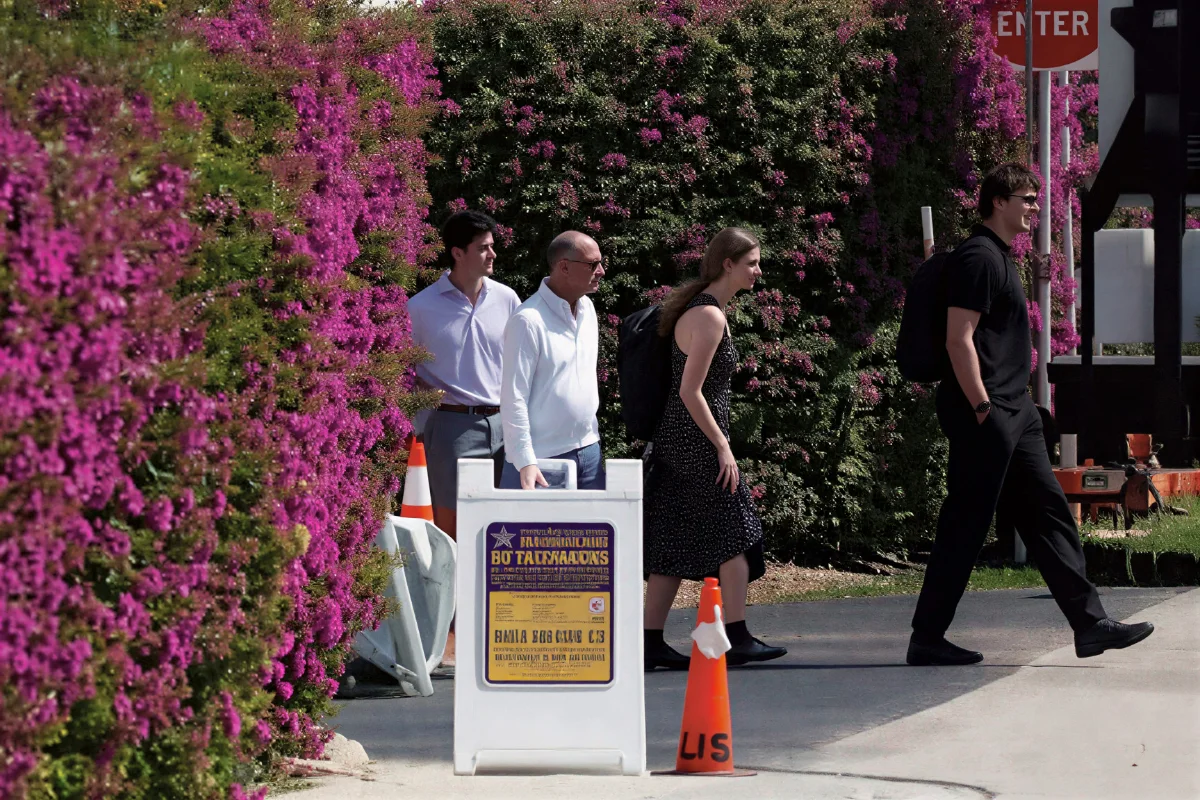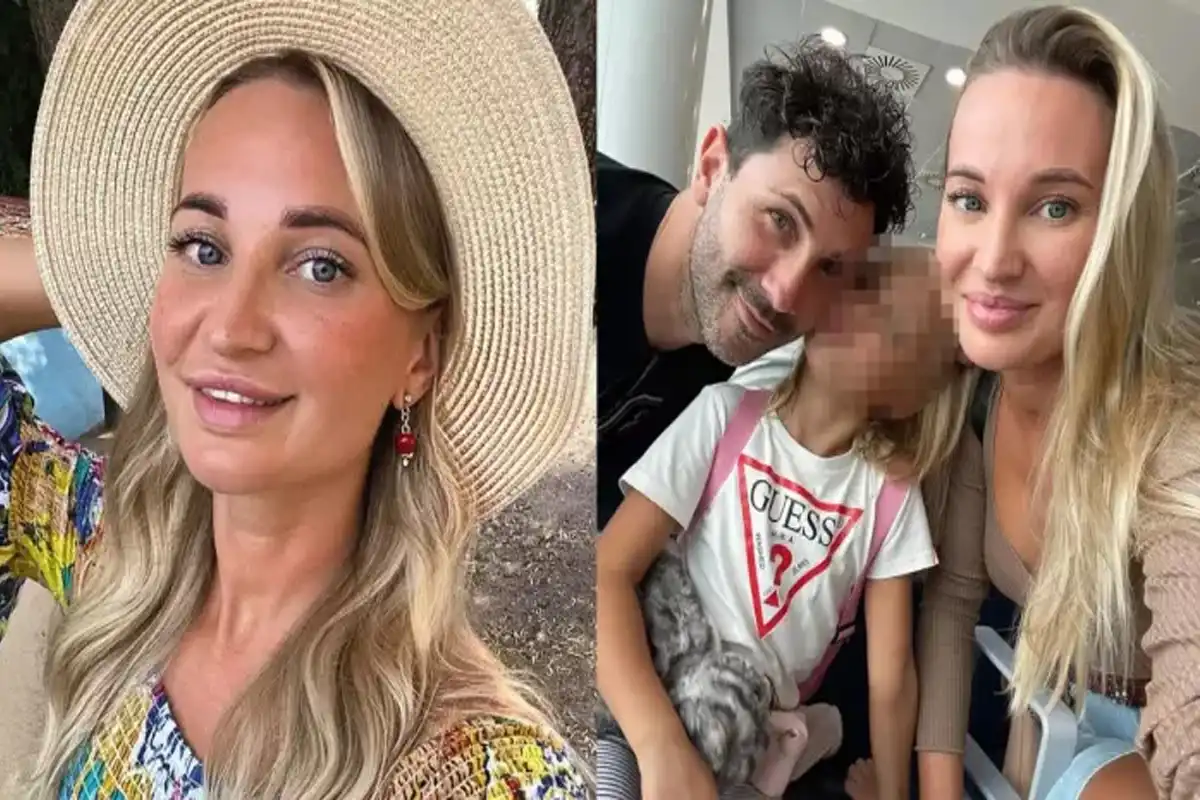Who is Leonard Peltier? Biography, Age & Wikipedia

PHOTO: Kevin McKiernan/Zuma
Leonard Peltier, a prominent Native American activist and former member of the American Indian Movement (AIM), has had his life sentence commuted by President Joe Biden.
Peltier, who spent almost half a century behind bars, was convicted in 1977 for the murders of two FBI agents, though his case became one of the most controversial legal battles in U.S. history.
Following a lengthy campaign by supporters and persistent claims of judicial irregularities in his trial, Peltier’s sentence was commuted in January 2025, allowing him to spend his remaining years in home confinement.
Early Life and Activism
Born on September 12, 1944, in Grand Forks, North Dakota, Leonard Peltier is of Ojibwa descent. Peltier’s life as an activist began in his youth, sparked by his experience with the U.S. government’s policy of termination, which sought to withdraw federal assistance from Native American reservations.
After moving to Seattle in the 1960s, Peltier became involved in various Native American causes, including land claims, alcohol-abuse counseling, and the preservation of Native lands.
His activism escalated when he joined the American Indian Movement (AIM), an organization dedicated to Native American civil rights. In the 1970s, he became actively involved in AIM’s efforts, especially on the Pine Ridge Indian Reservation in South Dakota, where tensions were high between Native American activists and the U.S. government.
The Incident at Pine Ridge
On June 26, 1975, a shootout occurred at the Jumping Bull Ranch on the Pine Ridge Reservation between FBI agents Jack Coler and Ronald Williams and AIM members, including Peltier.
The FBI agents were attempting to arrest Jimmy Eagle, a suspect in a burglary, when the gunfire erupted. The agents were wounded, and both were later executed at point-blank range.
Although Peltier was not directly linked to the fatal shots, he was charged with the murders alongside two other AIM members, Darrell Dean Butler and Robert Robideau. The two men were acquitted of the charges due to a lack of evidence, but Peltier fled to Canada, convinced he would not receive a fair trial in the U.S. He was later extradited to the U.S. in 1976.
Arrest, Trial, and Controversial Conviction
Peltier’s conviction came primarily from the testimony of Myrtle Poor Bear, a mentally unstable woman who later admitted to fabricating her statements. Despite this, Peltier was found guilty of two counts of first-degree murder in 1977 and sentenced to two consecutive life terms.
Over the years, Peltier’s legal team has continuously challenged the verdict, citing judicial errors, suppression of evidence, and misconduct by the FBI. His case gained national attention after allegations emerged of the U.S. government withholding critical evidence and fabricating the details surrounding the incident.
Life in Prison and Continued Advocacy
After being transferred to multiple prisons, including locations in California, Kansas, and Florida, Peltier wrote his memoir, Prison Writings: My Life Is My Sun Dance (1999), detailing his experiences behind bars. Despite spending decades in prison, Peltier’s supporters continued to push for his release, arguing that he had become a political prisoner due to his activism and the controversial nature of his conviction.
Presidential Commutation and Release
On January 20, 2025, President Joe Biden announced the commutation of Leonard Peltier’s life sentence. While the commutation did not pardon Peltier for the murders, it granted him the opportunity to spend his remaining days in home confinement due to his deteriorating health.
Peltier’s attorney called the decision an “act of mercy,” as the 80-year-old had spent nearly 50 years incarcerated. This commutation is seen as the final chapter in a decades-long battle for justice, with Peltier’s supporters celebrating his release as a significant victory.
Though Peltier’s case remains contentious, with some still believing in his guilt, others view him as a symbol of the struggles faced by Native Americans and an example of the U.S. justice system’s failures when it comes to indigenous rights.
Now, after decades of legal battles and incarceration, Leonard Peltier is finally free to spend his remaining time outside of prison.
Catch all the Biography News, Breaking News Event and Trending News Updates on GTV News
Join Our Whatsapp Channel GTV Whatsapp Official Channel to get the Daily News Update & Follow us on Google News.














